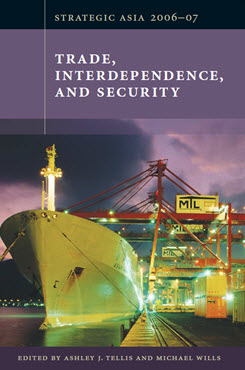China
Can Economic Growth Continue without Political Reform?
This chapter examines whether political reform is necessary in China in order for the country to sustain economic growth into the future.
EXECUTIVE SUMMARY
MAIN ARGUMENT
Though the Chinese government so far has managed the rising tensions between economic modernization, on the one hand, and the many institutional flaws of authoritarian rule (e.g., lack of political accountability, weak rule of law, bureaucratic ossification, and endemic corruption), on the other, China will not likely continue this course of rapid growth without undertaking the necessary political reforms to make the Chinese political system more responsive and respectful of property and individual rights.
POLICY IMPLICATIONS
- Western policymakers need to re-examine their assumptions about the sustainability of China’s authoritarian developmental model.
- The U.S. government would benefit, in particular, from rebalancing and shifting U.S. policy toward China from the current focus on security issues to a new focus on non-traditional threats such as corruption, environmental degradation, and public health disasters.
- A re-energized human rights approach to China by the West could emphasize domestic political change in China as the measurement of China’s performance as a responsible global power.
- Given that China’s political system is unfriendly to competitive markets, Western businesses have the same interests as Western governments in promoting democratic change in China. Western businesses would benefit from building a united front in their dealings with China.
Strategic Asia
The Strategic Asia annual edited volume incorporates assessments of economic, political, and military trends and focuses on the strategies that drive policy in the region. Learn more about Strategic Asia.


